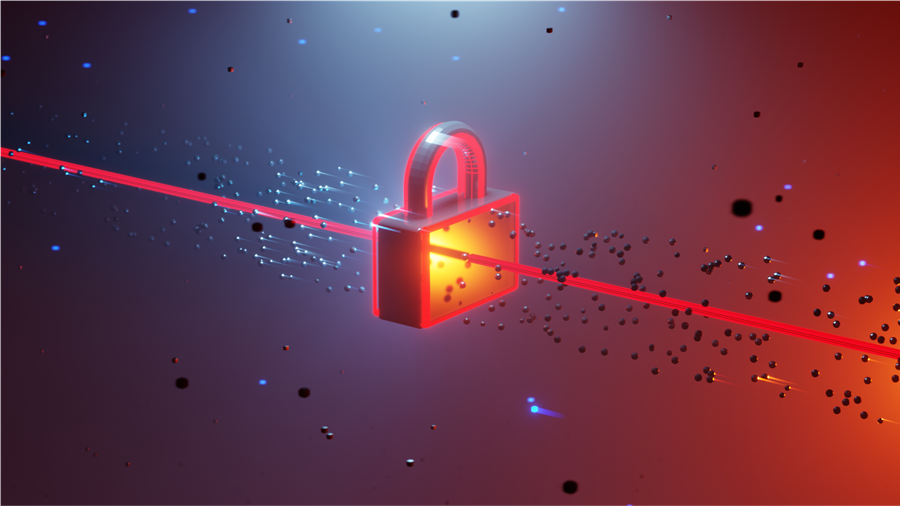The White House has warned repeatedly about the potential for Russia to engage in malicious cyber activity against the United States in response to the unprecedented economic sanctions imposed. According to a March 21 briefing, there is now "evolving intelligence that Russia may be exploring options for potential cyberattacks."
Students, faculty and staff can take the following actions to protect their data, devices and identity:
Use a VPN
When using an unsecured Wi-Fi network, for example at a coffee shop, a virtual private network (VPN) can provide you with a secure connection for accessing sensitive information like Workday or your financial records. VPN is often required for accessing on-campus remote desktops or other resources. Learn more about GlobalProtect, the VPN provided to students, faculty and staff.
Use multi-factor authentication on personal accounts
Multi-factor is required for your UARK account, but it's a great idea to enable it for personal accounts too. Multi-factor is more secure than a password alone because it involves using two or more factors to validate your identity, such as a trusted device or token.
Protect your password
Don't write it down. Don't share it. Don't reuse it. Password managers are great tools for creating strong passwords and keeping track of unique passwords for all your accounts.
Encrypt sensitive data
If you are sending sensitive information to another campus user, consider using OneDrive, which is encrypted by default. OneDrive has features such as limiting who can access or share a file and requiring a password to access. Alternatively, use Outlook's built-in email encryption when sending sensitive information, including university ID numbers and other personally identifiable information (PII).
Know how to identify and report phishing
Phishing is the attempt to get passwords, credit card details or other personal information by sending emails or text messages that appear to come from a trustworthy individual, business or institution.
Use the Report Message button in Outlook if you think you have received a phishing email.
If you provided personal information or entered your login information on a malicious site due to phishing attacks, change your UARK and other account passwords immediately.
Securing our campus community is an ongoing effort as cybercriminals continue to mature. In this era of persistent cyber threats, our university can be secure only with the active participation of everyone. Simple steps such as storing data securely in OneDrive, avoiding and reporting suspicious messages and keeping software updated can go a long way toward protecting our campus community online. To learn more, visit the Security Checklist.
Topics
Contacts
Rachel Gerner, project/program specialist
University Information Technology Services
479-387-3824, rgerner@uark.edu
